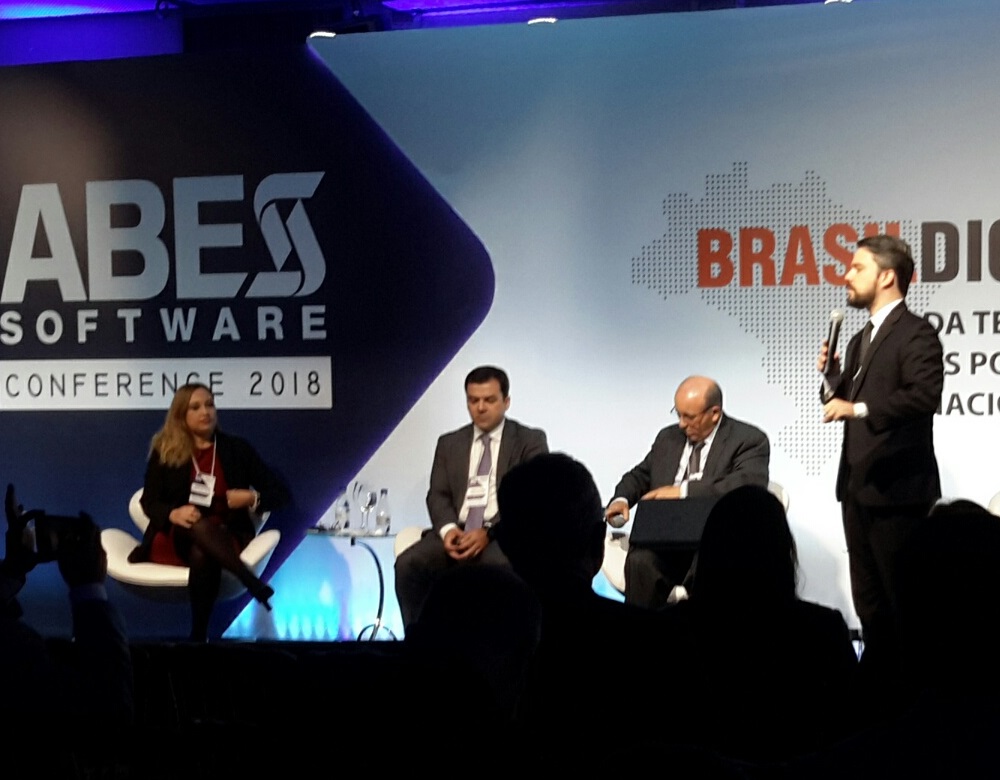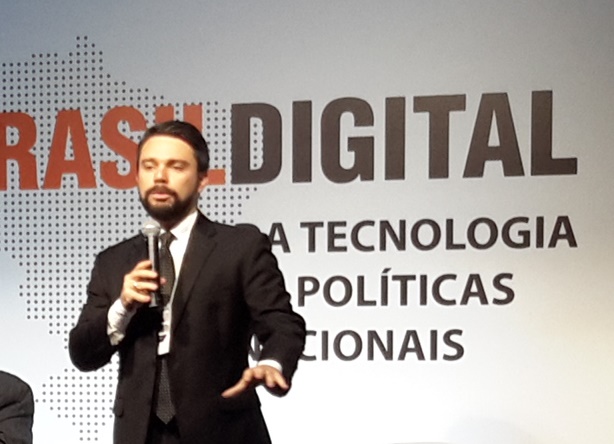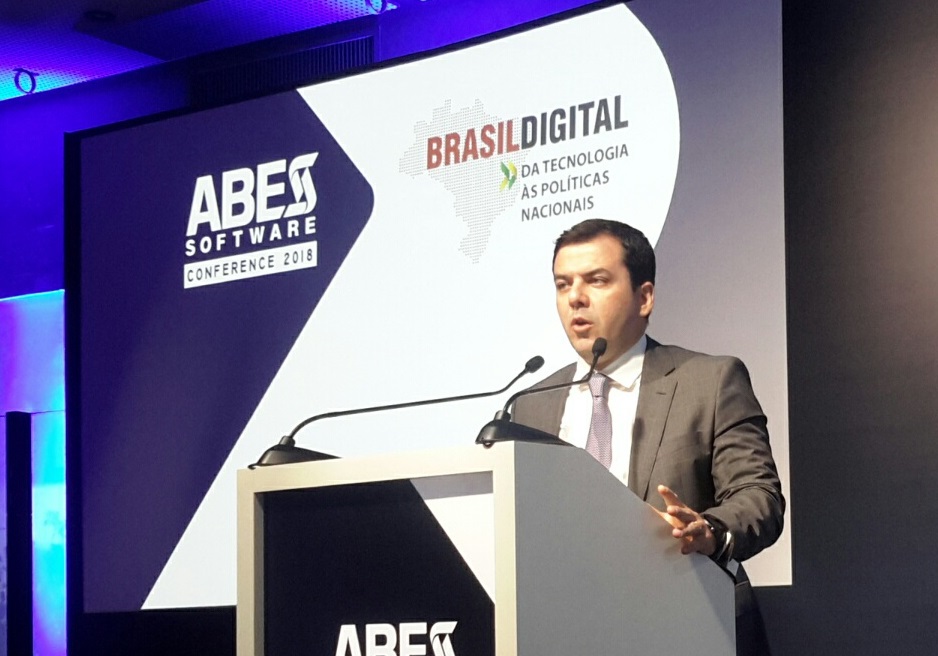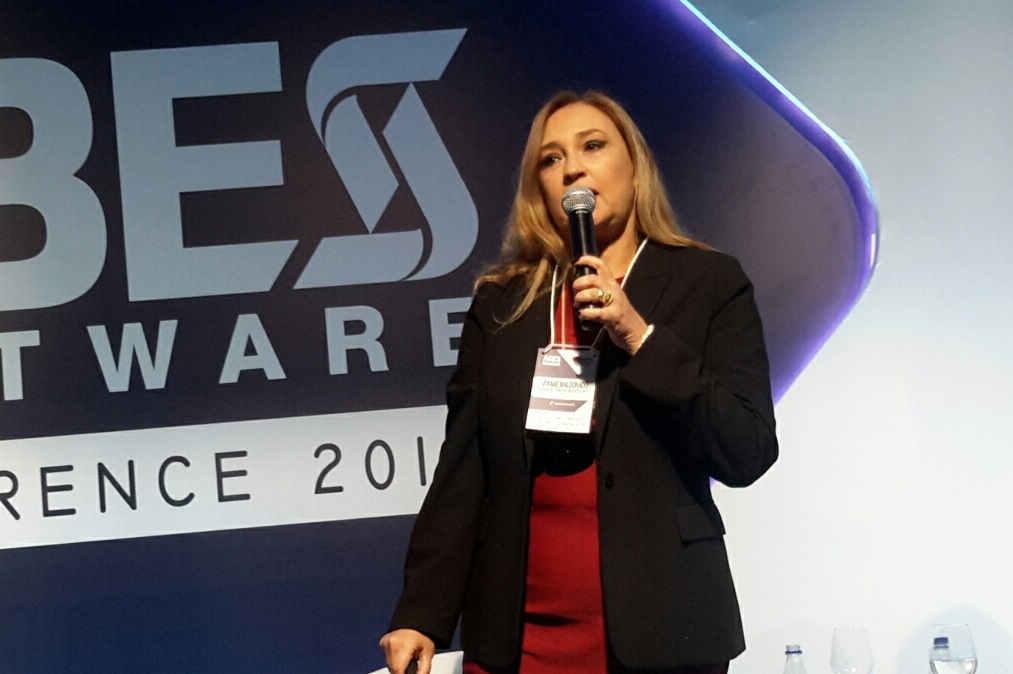

Saul Tourinho
For Saul Tourinho Leal, a lawyer at Ayres Britto Consultoria Jurídica e Advocacia, the interpretation of the law should be based on the Federal Constitution, which provides legal treatment favored to micro and small businesses. “In the constitutional rule of law, the constitution must guide the interpretation of laws”, he said.


"It is important to emphasize that laws must always bring equality and legal security to the sector. We can say that the panel ended with moderate optimism regarding the regulatory and economic scenario, depending on the regulation of the law and its supervisory body. Entrepreneurs and innovators are fearful of how the new Data Security Law, with very high fines, to which can be added indemnity actions promoted under the aegis of the Consumer Defense Code, may inhibit innovation and the use of data in Brazil", he analyzed Manoel dos Santos, legal director of ABES.
"Although already stamped in several articles of the Marco Civil da Internet and other laws, so that companies could continue to provide services to the countries of the European Community, Brazil needed to consolidate the various protections offered by the Constitution and laws and regulations in a single legislation that if it matches the European and other countries' GDPR. We will have an 18-month period for companies to adapt. Of course, there will be an important cost that Small and Medium Enterprises may not be able to afford. On the other hand, the law will generate new business and jobs, in totally new roles, "added Manoel.
This year, the conference had as its central theme “Digital Transformation of Brazil and Public Policies”, and had more than 20 speakers and panelists of the highest level, rooms for business meetings and an area for company exhibitions. The event was sponsored by IBM Platinum; SigninaForte, Intel and EMX Tecnologia, as premium sponsors; Caesbra Benefits and Microsoft, gold sponsors; and Totvs, silver sponsor. Partners and supporters: Finep, INPI and BNDES; ACATE - Catarinense Association of Technology Companies; ASSESPRO - Association of Brazilian Information Technology Companies; BRASSCOM - Brazilian Association of Information and Communication Technology Companies; FENAINFO - National Federation of Computer Companies, and SOFTEX - Association for the Promotion of Brazilian Software Excellence.
The event was followed by the Seminar "Brazil 2022 - Independence (Digital) or Death (Competitive)?, in which a study was presented that lists priority and suggested public policies for Brazil to achieve its "Digital Independence" as early as 2022, the year that marks the 200th anniversary of Brazil's Independence. Made according to the election year, the document was prepared by Think Tank Brasil 2022, composed of some of the most influential names in the IT sector.
As a result of this situation, all presidential candidates were invited to present their plans in the area of digital transformation and received a copy of the study as suggestions from the IT sector for the social and economic development of the country. The seminar was attended by Henrique Meirelles (MDB), João Amoêdo (Novo), José Maria Eymael (DC) and Kátia Abreu (PDT - vice-president of Ciro Gomes).












